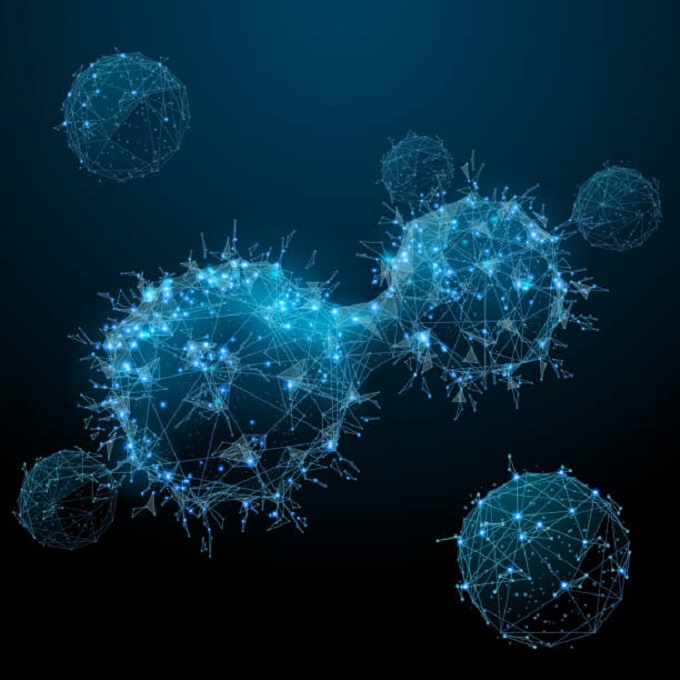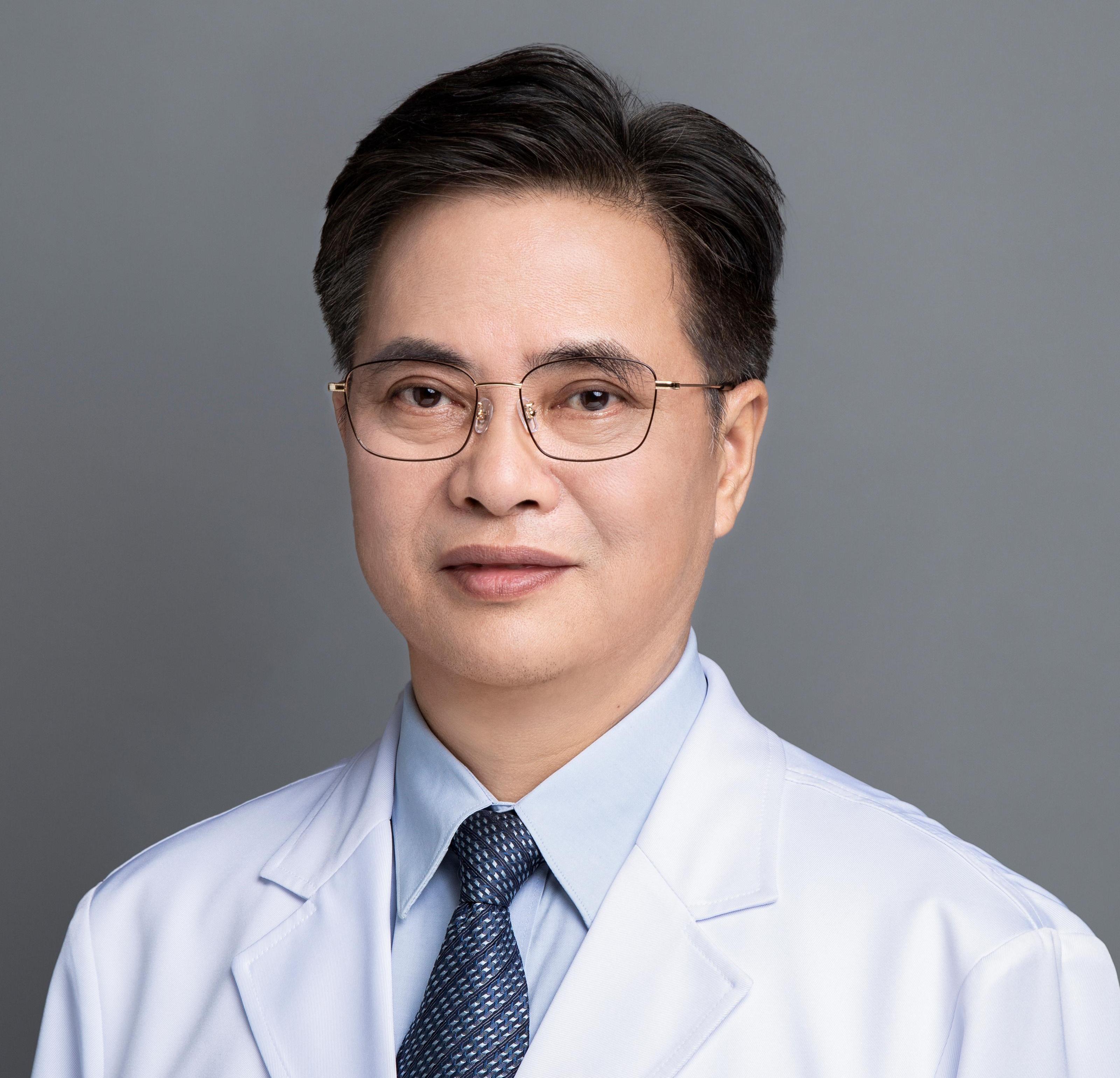
Important Dates |
|
|---|---|
| Early Bird Abstract submissions Closes on April 19, 2025 | |
| Early Bird Registrations Closes on April 21, 2025 | |
| Abstract submissions Closes on September 18, 2025 | |
| Registrations Closes on September 19, 2025 | |
About the 2nd Global Conference on Clinical Oncology
Pioneering a New Era in Cancer Therapy: Hope, Innovation, and Care
The Times Scientific Group is organizing “2nd Global Conference on Clinical Oncology” will be held on September 18-19, 2025 Tokyo, Japan Clinical Oncology 2025 aims to address the growing global burden of cancer by fostering collaboration and sharing insights on cutting-edge techniques and future directions in oncology. We will also highlight cancer and oncology research focuses in Japan and the ASEAN countries, recognizing the unique challenges and opportunities in these regions.
Recent years have seen remarkable progress in cancer treatment and diagnosis, driven by innovations like AI, DNA sequencing, and precision oncology. Few of the significant breakthrough are the development of personalized cancer vaccines, a blood test that can identify 18 early-stage cancers with high accuracy, a seven-minute cancer treatment jab, Precision oncology and artificial intelligence to transform cancer care through risk profiling and image analysis. CAR-T-cell therapy has shown long-term success in leukemia patients and pharmaceutical modulations has moved from treatment to prevention further exemplify the rapid progress in the field. Spatial transcriptomics and AI, antibody-drug conjugates (ADCs), allogeneic CAR T-cell therapies, cancer stem cells and AI based Prevention Trials are future research perspectives in Oncology.
Japan has made significant contributions to international collaborative research in cancer epidemiology. The country is actively involved in projects aimed at developing cancer statistics in Southeast Asian countries. Japanese researchers participate in large-scale cohort studies, such as the Asia Cohort Consortium (ACC), to understand the association of genetic and environmental factors with cancer. Molecular and genome epidemiological studies are also progressing, with a focus on identifying gene-environment interactions and utilizing genome-wide association studies (GWASs). The Japanese Foundation for Cancer Research (JFCR), established in 1908, is the first organization in Japan specializing in cancer treatment and research. The National Cancer Center (NCC) in Japan is dedicated to advancing cancer research and treatment.
Disparities in access to cancer diagnostics persist across ASEAN countries due to economic gaps, varying healthcare systems, and unique sociocultural patterns. Efforts to improve cancer diagnostics in ASEAN involve strengthening coordinated laboratory services, upscaling infrastructure, and addressing the shortage of qualified medical personnel. WHO has released initiatives such as the cervical cancer elimination initiative and the global breast cancer initiative to accelerate cancer control in the ASEAN region. An ASEAN Cancer Center has been proposed to address the lack of access to cancer drugs and promote regional collaboration. Notably, research and innovation, are critical, but ASEAN's output is dwarfed by that of China, Japan, and Korea, highlighting the need for increased funding allocation towards biomedical research.



